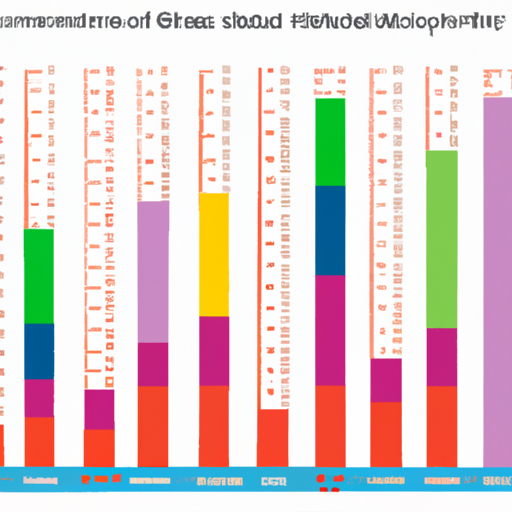Introduction
As a caregiver, you’re probably curious about the developmental stages of those you care for. One question that often pops up is, “what age do you stop growing?” Understanding growth patterns can help you provide better care and support throughout different life stages. Let’s delve into this topic and provide some insightful answers.
Understanding Growth
Growth is a fascinating process. From infancy to adulthood, our bodies undergo significant changes. But it’s not just about getting taller. Growth encompasses everything from bone development to muscle mass increase and hormonal changes.
- Infancy and Childhood: Rapid growth is witnessed.
- Adolescence: The growth spurt occurs.
- Adulthood: Growth plateaus and eventually stops.
Factors Influencing Growth
Several factors influence growth, including:
- Genetics: The genes inherited from parents play a vital role.
- Nutrition: A balanced diet is essential for proper growth.
- Health: Chronic illnesses can impact growth patterns.
- Physical Activity: Regular exercise promotes healthy growth.
When Does Height Increase Stop?
For most people, height increases stop around the end of puberty. Here’s a general timeline:
| Gender | Average Age |
|---|---|
| Male | 16-18 years |
| Female | 15-17 years |
However, these are averages and may vary based on individual factors.
When Does Other Physical Growth Stop?
Other physical growth, such as muscle development and body shape, continue into the early twenties. Specific changes like the widening of hips in females or broadening of shoulders in males usually finalize during this period.
Can Growth Be Influenced?
While you can’t change genetics, certain lifestyle choices can positively influence growth. Balanced nutrition, regular exercise, sufficient sleep, and regular medical check-ups are crucial. However, it’s important not to resort to unproven methods or substances in an attempt to alter growth.
Growth Stopping: Is It The End?
Just because physical growth stops, it doesn’t mean development does. Cognitive, emotional, and social growth continue throughout life, adding to the richness of the individual’s personality and life experience.
Frequently Asked Questions
1. Is it normal for growth to stop at different ages for different people?
Yes, it’s perfectly normal. Everyone grows at their own pace, influenced by individual genetic and environmental factors.
2. Can a person grow taller after their growth plates have closed?
Generally, no. Once the growth plates in the bones have closed, further height increase is unlikely.
3. Is it possible to predict how tall a child will grow?
While no prediction is 100% accurate, pediatricians often use a formula based on the parents’ heights to give a rough estimate.
4. Should I be worried if a child is not growing at the same rate as their peers?
Not necessarily. However, if you notice a significant difference or a sudden change in growth patterns, it’s worth consulting a healthcare professional.
5. Can growth hormones be used to increase height?
Growth hormones should only be used under medical supervision, for specific medical conditions. Misuse can lead to serious health complications.
By understanding when and how growth occurs, you can better support the individuals you care for. Remember, every person is unique, so growth rates and patterns can vary. The key is to encourage a healthy lifestyle and seek medical advice when necessary.



